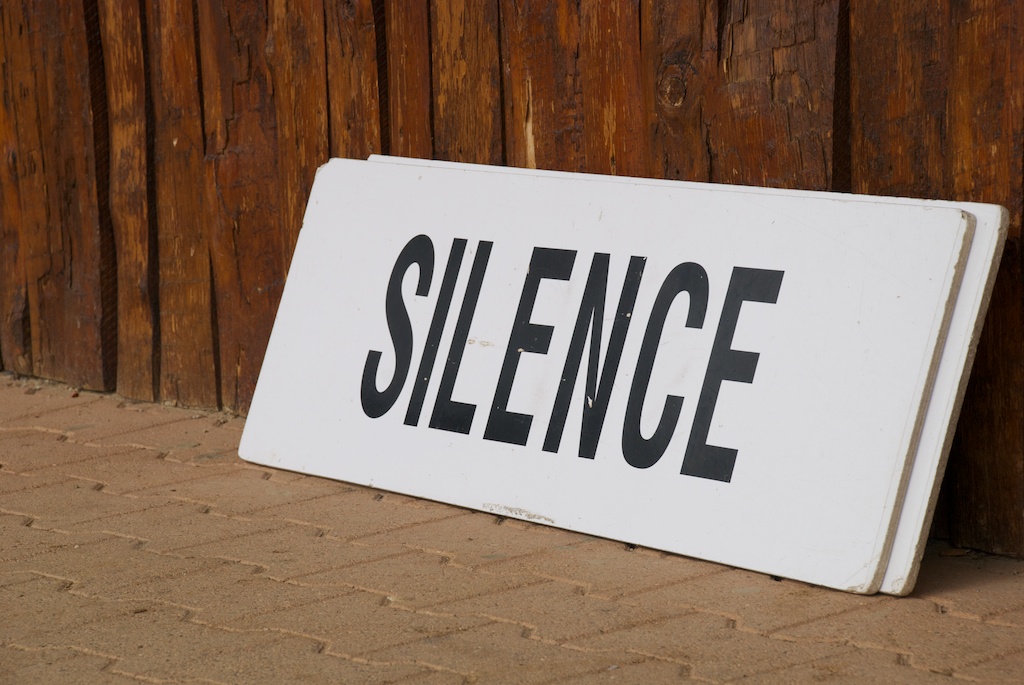
Ian Brookes is a freelance writer and editor based in Scotland. He has edited a number of dictionaries and has written books about spelling, writing, and punctuation. In this post, he looks at the presence of silent letters in English words and the problems they cause for spelling.
Learning to speak another language is hard enough, but students of English have to deal with further issues when they come to the written form of the language, and they soon find that English words do not always look exactly how they sound. In a previous post I looked at the presence of double letters in some words as one of the causes of spelling difficulty. In this post I will look at another: the presence of ‘silent’ letters in some words.
Why should knot be spelt with a ‘k’ when it is pronounced the same as not? And when we come to words such as knight and yacht we might begin to suspect that some letters are being entered for no other reason than to make it more difficult for non-native speakers to write the language.
Just as we found when looked at double letters, the explanation for these silent letters usually lies in the history of a word. In words such as answer and walk, the silent letters were sounded in early forms of English, but as the language developed over many centuries it became easier to pronounce the word without sounding a particular letter. The sound changed but the silent letters remained as a ghostly (note the silent ‘h’) reminder of the original sound.
Other words were borrowed from languages that use sound patterns that seem unnatural to English speakers, and so the sound of the word was changed to something they found easier to say. This is why we don’t pronounce the first letter of pneumonia (which was borrowed from Greek) or the last letter of sheikh (which was borrowed from Arabic).
Silent letters can certainly be awkward, but I can offer a few tips for dealing with them.
Firstly, note that some silent letters are actually not silent in related words. So it will help learners to remember the silent ‘g’ in sign if they can relate it to signature or the silent ‘n’ in condemn if they know condemnation. Secondly, some silent letters reveal themselves when you break down a word into its basic parts. The silent ‘p’ in cupboard (and the entire spelling of the word) can be seen if you think that this piece of furniture was originally a ‘cup board’. Similar cases include extraordinary (extra + ordinary) and shepherd (she(e)p + herd).
Thirdly, note that if one word contains a silent letter, related words will have the same silent letter. So the silent ‘c’ that appears in ascend is also found in the related words ascent, descend, and descent.
As a last resort, for words that learners find especially difficult, you can make up a memory aid or mnemonic (note the silent opening letter!) to spell out the word. One of my favourites is that you spell rhythm from the initial letters of the sentence ‘rhythm helps you to hear music’.
Know any more?


Reblogged this on Mytutorblog's Blog.
Reblogged this on hungarywolf.
castle, often, parliament, comfortable, and glottal stops bu(t) …. and what about all those names or titles of noblemen such as Cholmondeley which is pronounced Chumley, or Beaulieu pronounced Bewley to mention just a couple (which reminds me: where is the o in couple?).
But when talking about pronunciation and the sounds of silence I find that what G B Shaw gave us with GHOTI (fish) keeps my (Italian) learners coming back with many of their own examples of what for them are rather illogical sounds.
Thanks for another useful contribution.
Andrew Martin Garvey
I’m the joint author of a brief article for Italian readers on the pronunciation of British names and titles which should be published by the Italian Heraldry society later this year.
oh by the way: why is “silence” not “silens” ………..
Reblogged this on Hannah's Little English Haven and commented:
An interesting post on silent letters
what about the ‘cinderella’ silent E?
Like so many English e/er/or sounds, the “e” isn’t silent, but pronounced as a schwa
Do you mean that the silent e in; kite, site, bike, five, mate, fate, cake, ate, hate, late, cube, cute, huge, merge, etc. are schwas? Hmmm….
wierd query. No, of course not. It depends on where the letter e (etc) is in the word. In Cinderella one e is a schwa the other is /e/ so there is no silent e in the word.
[…] Ian Brookes is a freelance writer and editor based in Scotland. He has edited a number of dictionaries and has written books about spelling, writing, and punctuation. In this post, he looks at the … […]
[…] Image courtesy of Wikimedia Commons Ian Brookes is a freelance writer and editor based in Scotland. He has edited a number of dictionaries and has written books about spelling, writing, and punctuation. […]
gnome, honest, xylophone, pneumonia, tsunami, knee, wrist, aisle,mnemonic, jai alai,czar
thanks alot
please send me detailed analysis of silent words, letters and more.